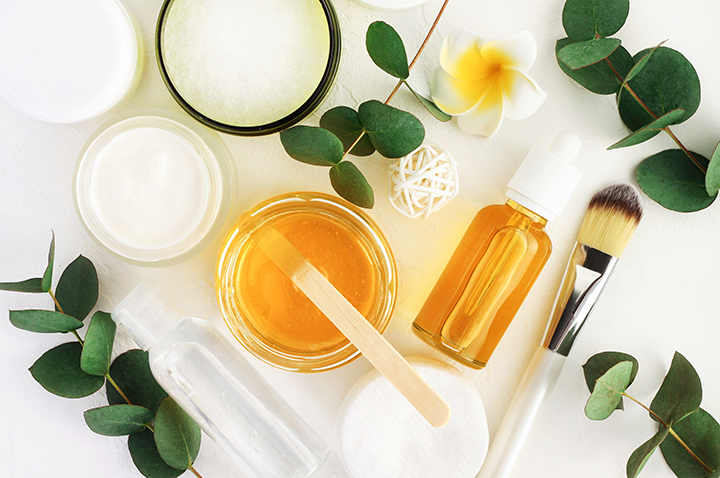Frost & Sullivan’s recent analysis, Growth Opportunities for Functional Ingredients in Personal Care, finds that necessary regulatory changes as a result of adverse effects of synthetic surfactants and preservatives in personal care products are driving companies to innovate for biosurfactants and natural preservatives in their products that are derived from natural sources. Biosurfactants and natural preservatives, particularly alkyl polyglucosides, glycolipids, plant extracts, essential oils, organic acids, aromatic alcohols, and their blends have witnessed significant innovations.
“Shifting consumer preferences towards natural personal care ingredients have made manufacturers rethink and redesign their product innovation strategies. Consumers are becoming more attracted to environmentally-friendly products and are willing to pay the premium for benefits such as biodegradability and ecotoxicity,” said Neeraj Nitin Jadhav, Technical Insights Senior Research Analyst at Frost & Sullivan. “Plant-based surfactants are gaining acceptance among consumers and are widely commercialized in personal care products such as shampoos, soaps, creams, and body wash. However, the development for more variants of plant-based surfactants continues as companies are competing to gain larger market share.”
Jadhav added: “Europe emerges as the leader in biosurfactants, whereas Asia leads the innovation in natural preservatives. However, globally, we witness a new wave of competition from start-ups and changes in the business segments that challenge the standing conventions of the past, compelling established companies to re-think their competitive stance.”
As environmental sustainability is taking centre stage in functional ingredients in personal care, market participants can tap into this opportunity to register impressive growth with:
Improved rhamnolipid-producing strains: The development of rhamnolipids using recombinant strains of Pseudomonas aeruginosa, which exhibit reduced pathogenicity, can help to decrease the production steps thus lower the cost of the final products.
Preservative blends with multiple ingredients: Synergistic combination of multiple natural preservatives, such as essential oils, organic acids, plant extracts, and aromatic alcohols can be used to make broad antimicrobial products, which is cost-effective and increases the utility of the product.
Bio-sourced surfactants for personal care products: Biosurfactants that are derived from natural and renewable raw materials, generate low residues and minimize waste production, thus encourages sustainable production at optimum costs.
High-performance biosurfactants: Biosurfactants produced from harmless microbes using fermentation technology, enable their use even in low dosage to make personal care products, providing significant financial benefits to the manufacturers.
Growth Opportunities for Functional Ingredients in Personal Care is the latest addition to Frost & Sullivan’s Technical Insights research and analysis available through the Frost & Sullivan Leadership Council, which helps organizations identify a continuous flow of growth opportunities to succeed in an unpredictable future.







